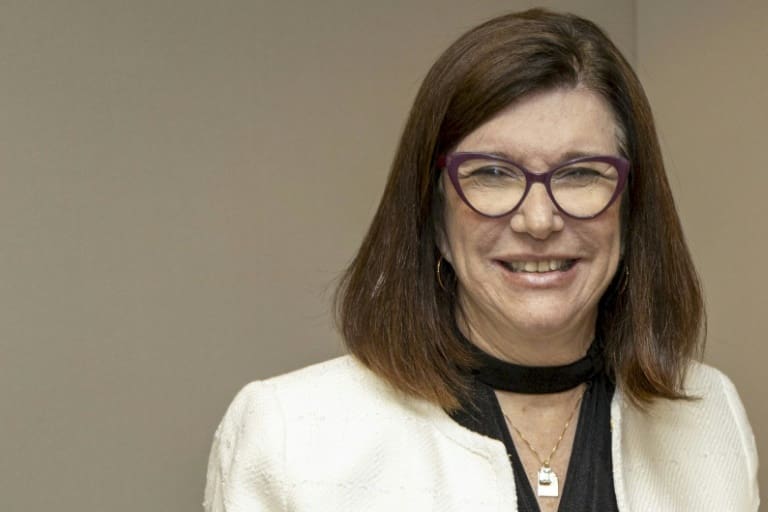Brazil’s state-run oil company, Petrobras, confirmed former regulator Magda Chambriard as its new chief executive Friday, 10 days after left-wing President Luiz Inacio Lula da Silva sacked her predecessor.
Lula has been pushing for Petrobras to invest more, saying it will boost Latin America’s biggest economy — a spending spree resisted by investors.
Petrobras said its board had named Chambriard as a member and elected her chief executive, effective immediately. She is the second woman to hold the post, after Graca Foster, from 2012 to 2015.
The 66-year-old chemical and civil engineer started her career at Petrobras in 1980, then led Brazil’s oil and natural gas agency, ANP, from 2012 to 2016.
Chambriard replaces Jean Paul Prates, whose sacking was announced on May 14, after less than 18 months on the job, triggering turbulence at Petrobras, the key player in the world’s seventh-biggest oil producing country.
Prates’s ouster followed a spat between Petrobras and shareholders over dividend payments, which heightened concerns about the government’s influence in the publicly traded company’s decision-making.
Prates, a former state senator, faced fierce criticism after Petrobras announced it would not pay an extraordinary dividend to investors following its second-highest net profit ever last year, $24.8 billion.
The March announcement caused the company’s share price to plummet, and was seen by some analysts and opponents as direct government intervention.
Lula accused Petrobras executives of putting the company’s shareholders ahead of the Brazilian people.
The Petrobras board eventually approved the dividend payment in late April.
Just over half of Petrobras’s capital is held by the Brazilian state, and the rest by shareholders.
Chambriard’s confirmation was widely expected.
Lula’s office had said the same day Prates was sacked that the president would nominate her to replace him as CEO.
Petrobras shares were up after the news was announced, trading just under one percent higher on the Sao Paulo stock exchange’s Ibovespa index.
Petrobras, Brazil’s biggest company, has been through turbulent times in recent years.
Chambriard is its sixth CEO in less than three years.
The oil giant was devastated by a massive corruption scandal in the 2010s under Lula’s Workers’ Party, when investigators uncovered a massive pay-to-play scheme in which a laundry list of politicians received bribes for ensuring construction companies’ access to juicy Petrobras contracts.
More recently, the company’s pricing policies drew fierce criticism from far-right ex-president Jair Bolsonaro (2019-2022), under whom Petrobras went through four CEOs in rapid succession.
Chambriard, who previously spent more than two decades at Petrobras, will face the challenge of steadying the company after weeks of instability triggered by rumors Prates was on his way out.
She will also face competing pressures to chart a course for the energy transition even as Lula looks to invest big in traditional oil and gas projects.
Environmentalists are furious over the government’s push to explore for oil near the mouth of the Amazon river, an ecologically sensitive region that studies suggest could hold massive crude deposits.
Source: www.ibtimes.com





